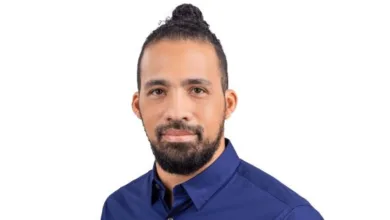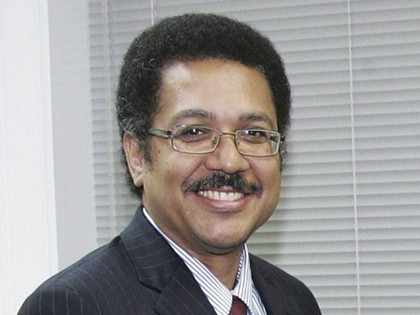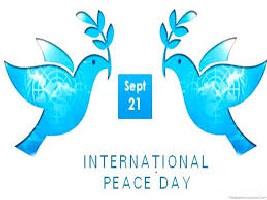St. Vincent and the Grenadines’ PM Says Reparations Is A Matter Of Justice
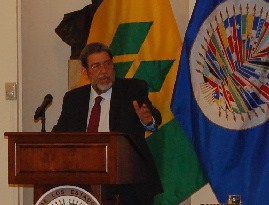
WASHINGTON, DC – Prime Minister of St. Vincent and the Grenadines, Dr. Ralph Gonsalves, has renewed the emphatic call for reparations for slavery to be embraced as a matter of justice.
The call came as he addressed members of the Permanent Council of the Organization of American States (OAS) on the topic, Reparation for Native Genocide and African Slavery. The occasion was a special sitting of the Council of member state ambassadors on Wednesday, November 4, at OAS headquarters in Washington, D.C.
“I appeal to all right-thinking persons in the Caribbean, Britain, France, Holland, Africa, the Americas and the entire world to embrace reparation for slavery and native genocide as just,” the Prime Minister said. “This case of reparation is unanswerably strong.”
Dr. Gonsalves pointed out that “In seeking thus far to avoid an informed conversation on reparations, the British government recites the mantra that it is interested in engaging the Caribbean with the future, not the past. But this assertion is grounded in a profound fallacy. The consequences or legacies of native genocide and African slavery are not matters of the past. They are a live reality in today’s Caribbean. Repairing them is very much a matter of the present and the future.”
The struggle for reparation in the Caribbean involves mature conversation with those European nations for appropriate reparation to correct the legacies of under development associated with native genocide and African slavery.
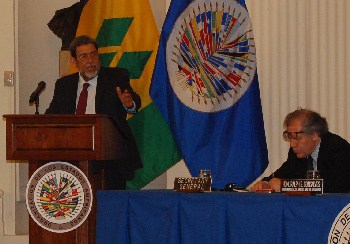
Photo Credit: Derrick A. Scott
Dr. Gonsalves further stated that the Caribbean Community (CARICOM) has adapted a 10-point reparation agenda that covers the repairing of the unlawful material psychological legacy of the underdevelopment in a number of areas.
This agenda envisaged as obtaining appropriate recompense separate and distant from the usual discretionary international aid granted bilaterally or multilaterally by European nations to the Caribbean.
Dr. Gonsalves urged those who have been opposed or indifferent to reparations to rethink their position. He pointed out that the quest for reparation is “for us in the Caribbean in the 21st century a defining issue for justice, reconciliation and the righting of a historical wrong.”
ADVERTISEMENT


